

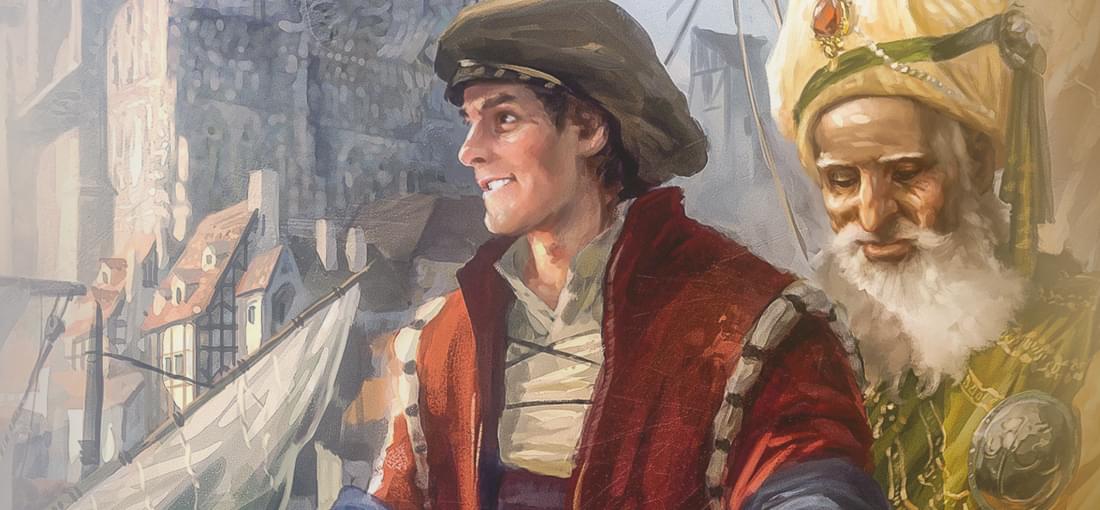
A solid entry in the Anno series with plenty to do, as ever. A campaign, a sandbox and a few scenarios will keep you busy for a fair few weeks. 1404 asks some interesting political questions - fully rhetorical as part of an historical theme - and isn't ashamed to ask them. Whether you agree with any of it is your own personal decision and whether or not it gets in the way of your enjoyment. There is an element of gradual railroading here, and at times intrusive nannying "in your best interests" to visit an npc or two. This is its worst flaw and for this there's the slowdown option using a tool bar, be nannied at your own pace, so to speak. And they still hadn't managed the option of curved or circular roads; everything is to be built in a grid system whether you like it or not.
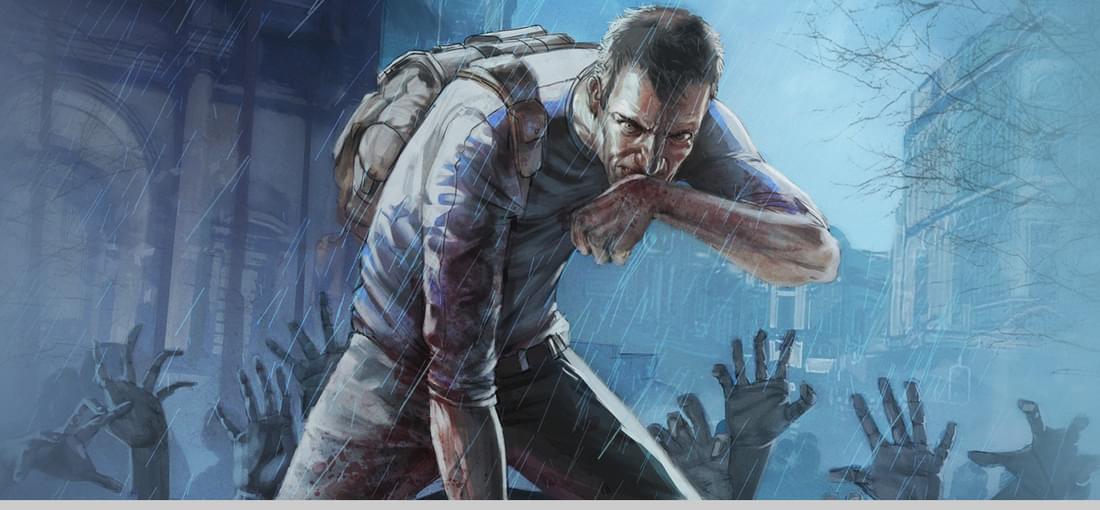
Owned this title for what seems like an eternity, awaiting the day when it's considered complete. Hm, put it like this: if ever a development team wanted you to know what each had for lunch on a Tuesday or which pyjama bottoms, and from what material, they prefer, the studio behind PZ will go all out to let you know in truly exhaustive detail (and let's not mention backing up saves). They do seem like very nice folk though -super transparency will earn them respect -but for the love of Pete, release this thing and move on to other projects please. The gameplay is fun and has much replayability, the above taken into all consideration.
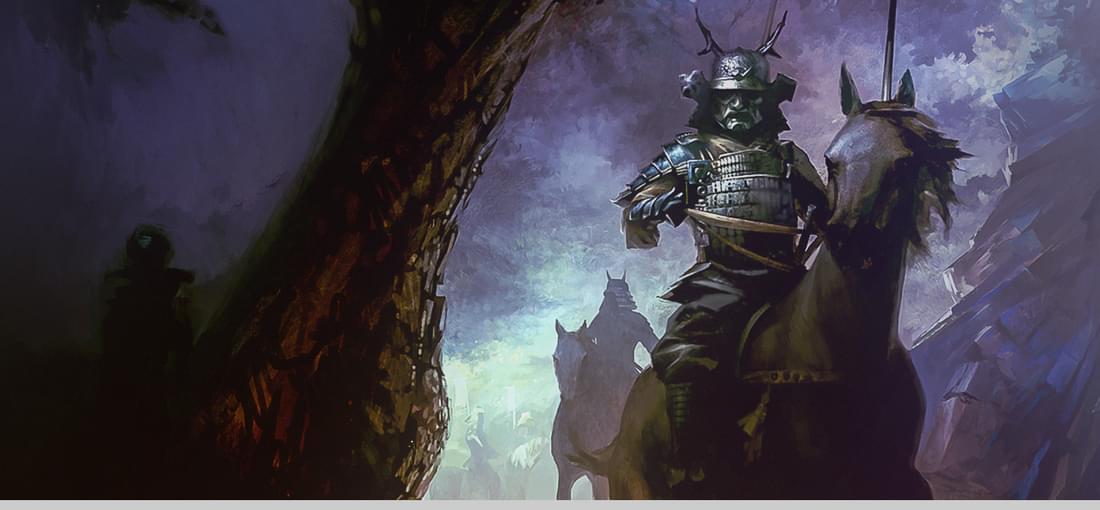
Very -very- close in spirit to EU:Rome, the game even re-uses all of the sfx from that title: "city_ambience_persian" or "stompy_Roman_soldier" and the like awaits the excited purchaser. Indicating a rushed couldn't-care-less quality that predicted its own abandonware fate, this is Paradox's pre-DLC era here, so this is all you're likely to get if you're into specific eras of Japanese history (fortunately?). Hindsight is a wonderful thing, and as others note, it was a for sure a beta experiment for the Crusader Kings II title which at the time of this review still waddles it's fat bloated rear-end like an unsated zombie creature that can't be put down by a mere 30-foot pike; a black halo of voracious DLC blowflies for company. Er... On the other hand, Sengoku's map is very attractive (and rotatable!). the sprites quite good and has the aesthetic you're probably looking for (the island of Ainu is missing though, among other daft omissions), The retail package even has a ...wait for it... a printed B&W manual and cardboard sleeve (ahh the good old days when Paradox cared to care). Not bad, not good, it "is what it is" to use the cool kids' parlance.

Be sure to get this patched to 1.04. Other than that, this game is also a glorified toolbox to enable your WW2 grand strat modding desire become a reality (there's a large content of mod tools and resources contained in the install even such things as Photoshop masks) by contrast to vanilla HoI2. If only this came with the superb hierarchy tree of the later HoI3 it'd be nigh on perfect.
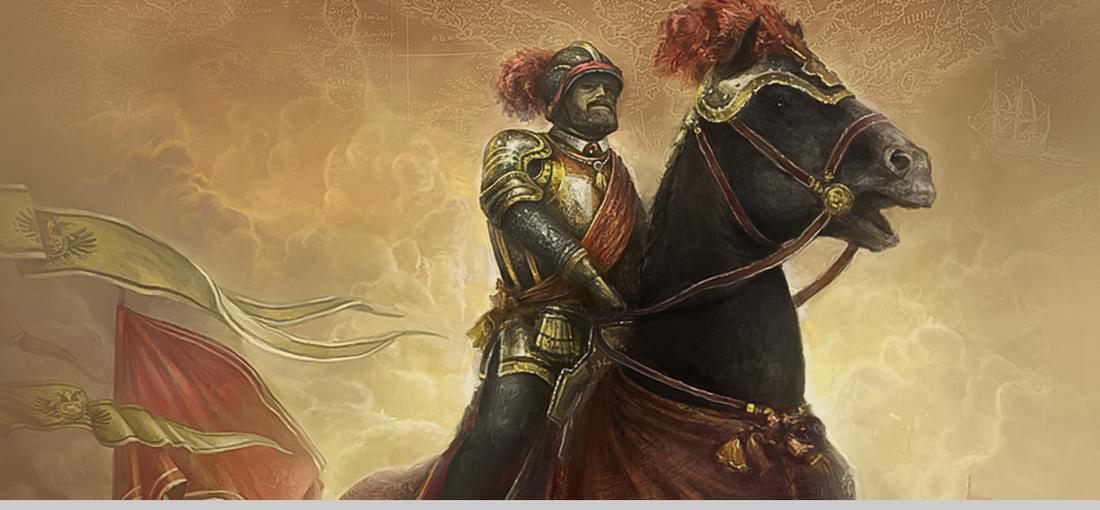
Of course it's very dated in appearance and the emphasis is very much on middle-Europe unlike (arguably) the most recent iteration of this franchise. And yet the sheer volume of events to deal with make this a fun experience for its cost: you can't really go wrong with FtG with it's modifiability and its bumpy yet cathartic trip down the medieval cobblestones of old paradoxia for a few pennies.
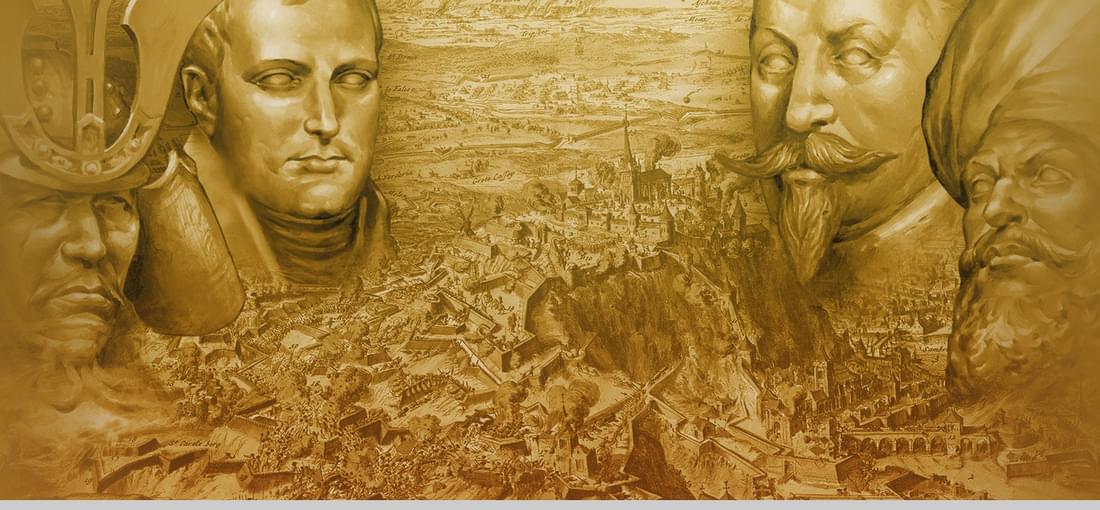
Want to begin to dip your toe in the deep warm waters of Classical music? Forget the many audio CDs out there, and just buy this as your starter. EU2 features the most tightly segmented crash course of the best of baroque and more modern compositions in gaming. All apropos to the game's long time period. Oh, it's and good game as well. EU4 may be the bells and whistles version, but this is the purist's version. Maybe a little too mittleuropa-centric for its own good, despite the title, though.
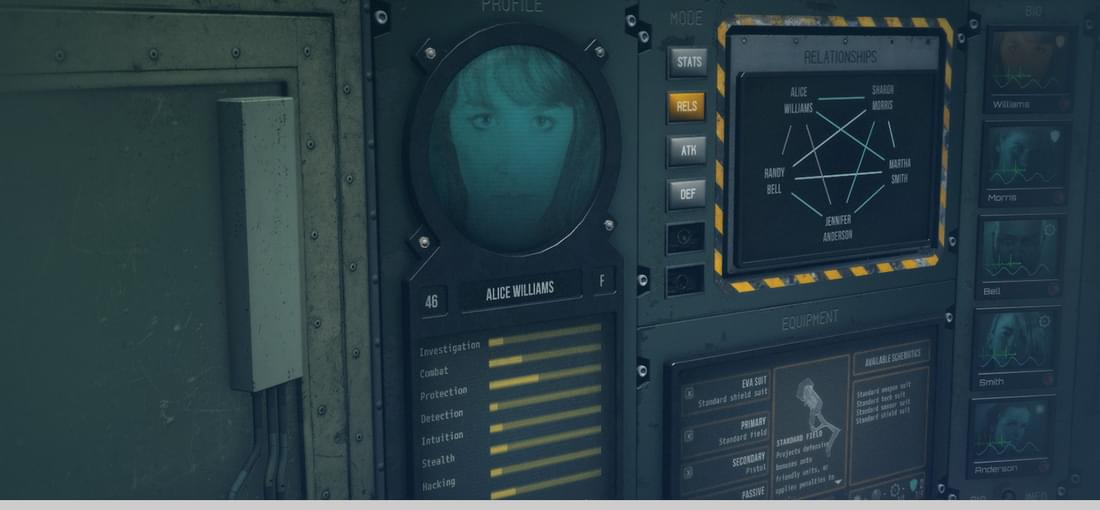
Nothing much to add to the other reviews except for two outstanding features: A. You can import JPEGs of anyone -friends, family, your least favourite politicians, the bloke you loathe from across the street to use as character avatars. This plays to the game's strength of inter-relationship issues between characters. B. It drips with atmosphere, on the same wavelength as Duskers, a similarly bleak experience. Recommended despite its all too short length. Hoping for more longevity from the developers in an expansion or something.
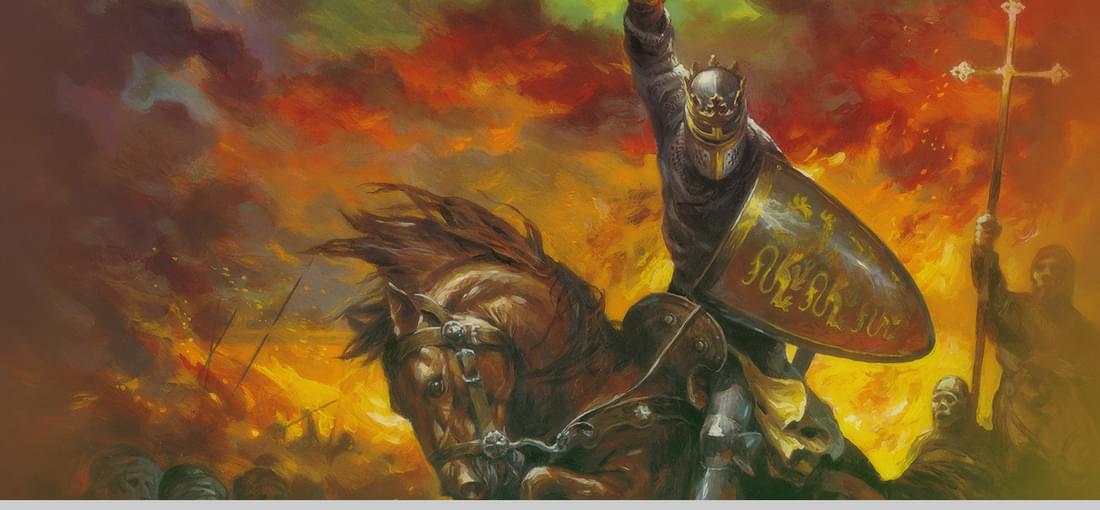
Curiously, despite its far larger budget, it's successor lacks some of the atmosphere and ambience of this earlier Paradox title. Smaller in scope, it still brims with the nefarious and mendacious comings and goings of the medieval court. Excellent stuff.